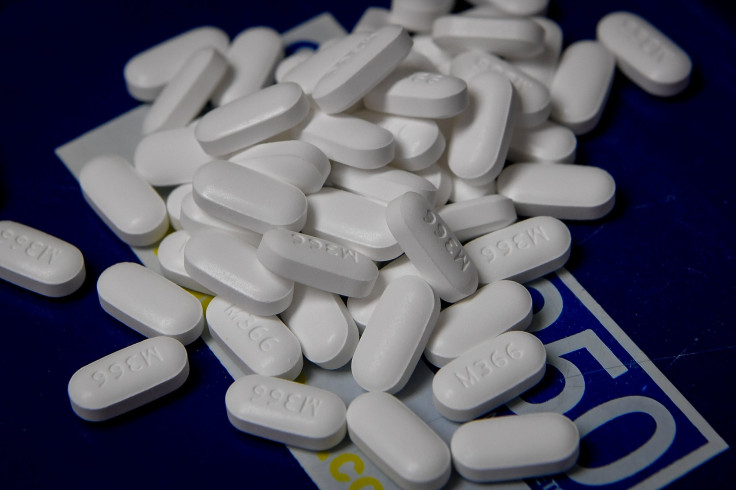What Is Kratom? Opioid Alternative Under Fire From The FDA

An increasingly large number of Americans are turning to the supplement known at kratom to treat their pain despite warnings from the FDA.
The American Kratom Association claims that there are potentially 15 million users in the nation. Those that have used kratom – to treat things like opioid-addiction, alcoholism, and chronic pain – swear by it as a life-saving substance.
But what exactly is this supposed miracle supplement?
Kratom is made from the leaves of Mitragyna speciose tree, which is found in Southeast Asia. Malaysia, Indonesia, and Thailand have used it since the 19th century, either chewing it or brewing into a tea. In lower doses, as it has traditionally been used, it is believed to act as a stimulant and is used to treat pain, erase fatigue, and improve one’s mood. In higher doses, however, it has painkilling properties on par with opioids and sedative abilities.
Speaking with NBC News, Bobby DiBernardo, 41, of Rochester, New York, claimed that kratom helped him to kick alcohol, heroin, and oxycodone.
“It saved my life,” he said. “I could have died any day from a heroin overdose and kratom gave me a new lease. It helped take away the pain of withdrawal.”
Despite this hype, the FDA has issued warning about the use of kratom, mostly related to contamination concerns.
“We have issued numerous warnings about the serious risks associated with the use of kratom, including warnings about the contamination of kratom products with high rates of salmonella that put people using kratom products at risk, and resulted in numerous illnesses and recalls,” acting FDA Commissioner Dr. Ned Sharpless said in a statement in June.
"Despite our warnings, companies continue to sell this dangerous product and make deceptive medical claims that are not backed by science or any reliable scientific evidence.”
There were 91 overdoses in the U.S. from July 2016 to December 2017 due to kratom, according to a report in April from the Centers for Disease Control and Prevention.
© Copyright IBTimes 2025. All rights reserved.





















